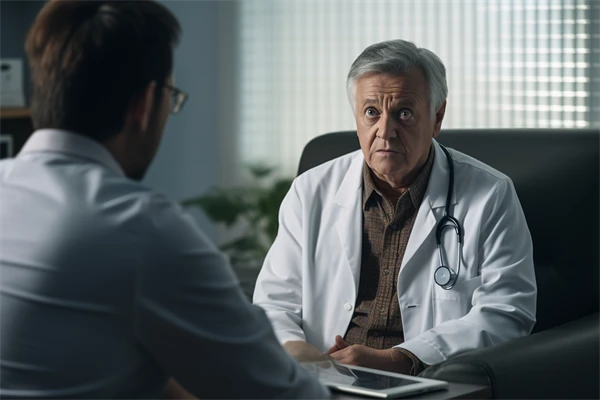



Depression is a common mental disorder that affects millions of people worldwide. It is characterized by persistent feelings of sadness, hopelessness, and lack of interest or pleasure in activities. Understanding the various aspects of depression is crucial in order to provide support and seek appropriate treatment. In this article, we will explore the causes, symptoms, and available treatments for depression, as well as the importance of seeking help.

Depression can be caused by a combination of genetic, biological, environmental, and psychological factors. It often runs in families, suggesting a genetic link. Imbalances in brain chemicals called neurotransmitters, such as serotonin, may also contribute to the development of depression.
Environmental factors, such as trauma, abuse, or a significant loss, can trigger depression in susceptible individuals. Additionally, certain medical conditions, such as chronic pain, thyroid problems, or hormonal imbalances, may increase the risk of developing depression.
Psychological factors, such as low self-esteem, a negative outlook on life, or a lack of coping skills, can also contribute to the onset of depression.
Depression manifests differently in each individual, but common symptoms include persistent sadness, feelings of emptiness, or a sense of hopelessness. Changes in appetite, sleep patterns, and energy levels are also common. Some people may experience difficulty concentrating, making decisions, or experiencing pleasure from previously enjoyed activities.
Physical symptoms, such as headaches, stomachaches, or chronic pain, may also accompany depression. Additionally, untreated depression can lead to more severe symptoms, including thoughts of self-harm or suicide, and should be taken seriously.
It is important to remember that depression is a medical condition and not a sign of weakness or personal flaw.
If you or someone you know is experiencing symptoms of depression, it is important to seek help. Start by talking to a trusted friend, family member, or healthcare professional. They can provide support, guidance, and help connect you with appropriate resources.
Treatment for depression may include a combination of therapy, medication, and self-care. Psychotherapy, such as cognitive-behavioral therapy, can help individuals develop healthy coping mechanisms and address negative thought patterns. Antidepressant medications can also be prescribed to help restore balance in brain chemicals.
Self-care strategies, such as regular exercise, maintaining a healthy diet, getting enough sleep, and engaging in activities that bring joy, can also complement formal treatment and help improve overall well-being.
Depression is a complex mental disorder with various causes and symptoms. It is important to understand that support and treatment are available and effective. By recognizing the symptoms, seeking support, and accessing appropriate treatment, individuals with depression can experience relief and improve their quality of life.







